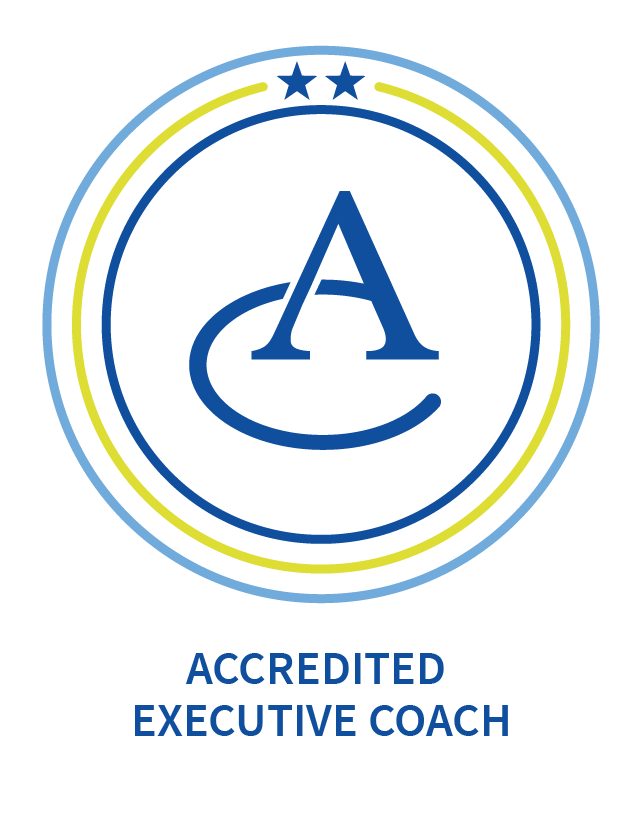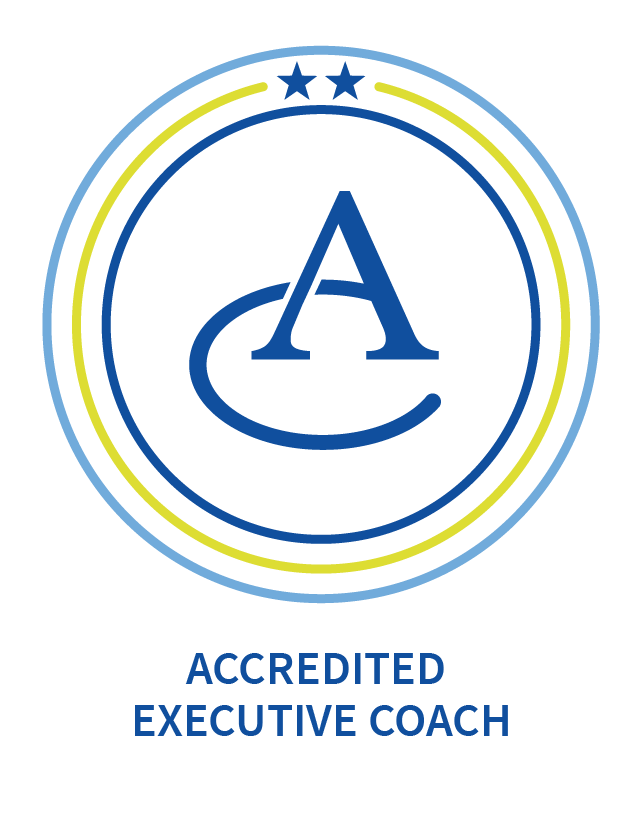Building on strengths for more positive perceptions
- By Sian Taylor
- •
- 29 May, 2018
- •
Keeping focus on skills beneficial for both sides

I’m pondering on the best way to approach this. The organisation is looking for so much from each person. The list of skills, experience, knowledge and behaviours which are expected, is long. The person, who is one of my team, has been with the organisation a number of years. They’ve in-depth knowledge and are highly skilled but are sceptical of all that is being asked. And some of the ‘new’ ideas and strategies seem a little too familiar to them…
I am aware that the way this person feels is beginning to have a detrimental effect on others and for them, so I want to help my team member and also change the way they are perceived by others.
Sitting down and talking it through with them, is met with a certain amount of defensiveness and disinterest.
Then anger and frustration.
Then resentment and resignation.
------
I talk it over with my line manager. We explore possibilities. But without clearly demonstrating the skills, experience, knowledge and behaviours expected to a wide number of people, the person will not be perceived positively and their performance related pay reward will reflect that. As their manager I want to, and have to do something.
------
Another meeting. A different approach.
I ask the person what they enjoy. What particular skills they possess they believe make the most valuable contribution to the organisation.
Scepticism fills the air.
I keep pursuing this line.
The person looks me straight in the eye.
“I know what you’re doing”
…
“Why don’t you just tell it to me straight?”
I pause. And consider.
Okay. So I explain to them how I see it. What I feel the best option is. I’m clear I’m not making any promises. And I’m not going to stretch what I see or believe to help their performance review. But I am prepared to do what I can to help.
The resignation is there again.
But the person agrees to work with me and together we start to find a way forward.
------
Performance appraisal time.
I have a pit in my stomach. It’s draining all my energy, leaving me like a husk.
The meeting with my team member arrives. We talk through the examples they have of all the skills and behaviours they have demonstrated to strengthen their case. We talk about the things they might have done differently and their objectives for the following year. It’s not easy but goes okay.
Then comes the meeting with my peers and senior management.
It’s a tough meeting.
My headaches.
I have some difficult messages to feedback.
However, I have to wait. It’s several weeks before final confirmation comes through about pay and rewards. And I’m slightly surprised by the outcome. Perhaps I was being too pessimistic.
I have a long conversation with my team member. I give the difficult messages and we talk again about the objectives they have for the coming year and how they want to take them forward.
There’s frustration and resentment still.
But we talk openly and they begin to make longer term plans.
------
It wasn’t an easy year for them, and the following 12 months were tougher still as more again was expected from them.
What we chose to do, to help them feel more positive about the contribution they were making and potentially influence the way others viewed them, was focus on their strengths. What they were good at and finding as many opportunities as possible to demonstrate those strengths. And within each of those opportunities were challenges that they found difficult. But with the focus on their strengths it meant they felt able to something to meet those challenges. And this, for me and I believe for them, is what made the difference.
Sign up and you'll receive an email each time I post on my blog.
I'll also let you know when I have other things you may be interested in, such as leadership resources, and when I have coaching offers that may interest you.













